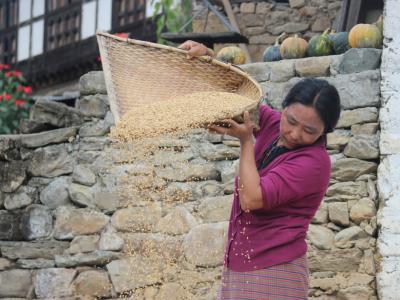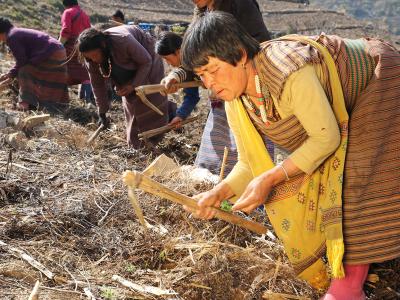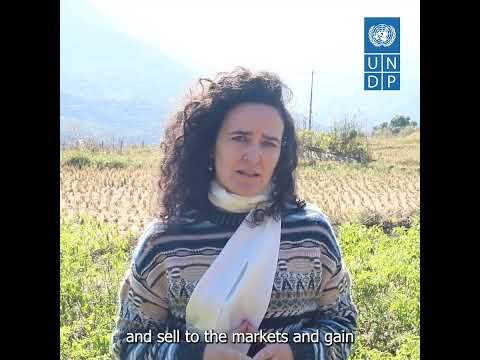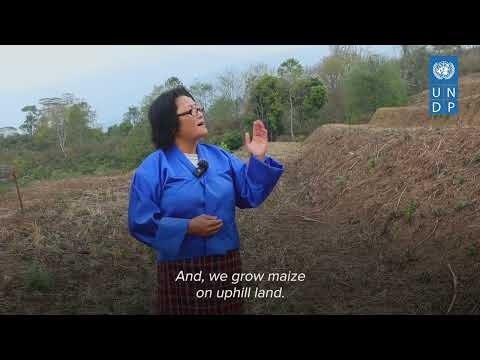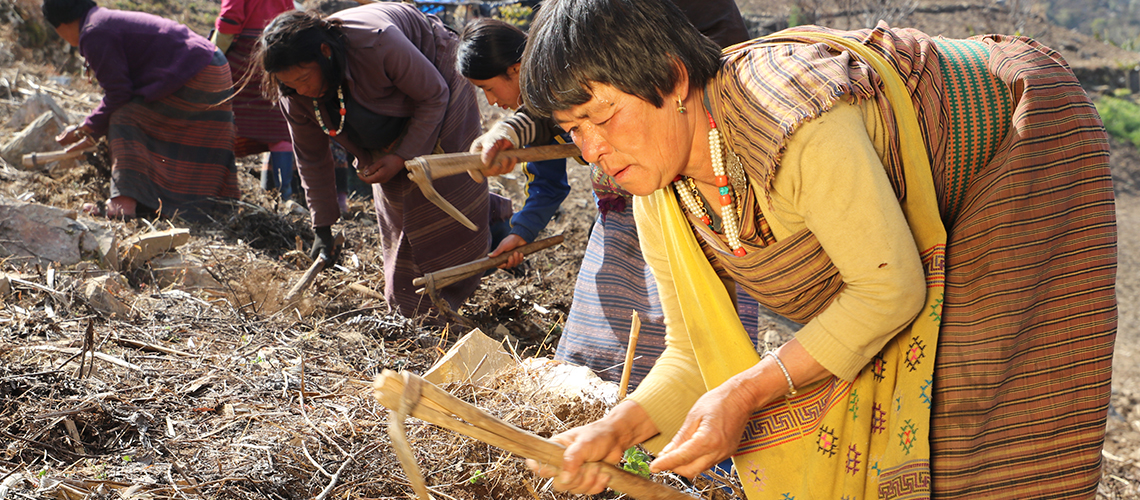
Photo:
UNDP
Given its geographic location and mountainous terrain, Bhutan is particularly vulnerable to changes in climate.
With the goal enhancing the resilience of smallholder farms, in particular to shifting rainfall patterns and frequent extreme weather events, this project, led by Bhutan's Gross National Happiness Commission, focuses on three complementary outcomes:
• Promoting resilient agricultural practices in the face of changing climate patterns
• Integrating climate change risks into water and land management practices that affect smallholder farmers
• Reducing the risk and impact of climate change induced landslides during extreme events that disrupt market access
Thematic areas:
Level of intervention:
- Community
- Municipality
- District
- National
Key collaborators:
- Country Office
- Local Governments
- National Governments
- Non-Governmental Organizations
- United Nations Development Programme (UNDP)
Primary beneficiaries:
27,598 agricultural households (118,000+ people) in eight dzongkhags (districts): Dagana, Punakha, Trongsa, Tsirang, Sarpang, Samtse, Wangdue Phodrang and Zhemgang, equal to approximately 46.5% of the rural population of Bhutan.
Implementing agencies and partnering organizations:
- United Nations Development Programme (UNDP)
- Green Climate Fund
- Government of Bhutan
Project status:
Under Implementation
Funding source:
Green Climate Fund
Financing amount:
US$25.347 million Green Climate Fund grant
Co-financing total:
US$19.866 million Gross National Happiness Commission*; US$10.020 million Ministry of Agriculture and Forests*; US$2.540 million Ministry of Works and Human Settlements*; US$242,000 National Center for Hydrology and Meteorology* *Grants and in-kind
Project dates:
2020 - 2025
Location:
Bhutan
Expected outcomes
- Output 1: Promote resilient agricultural practices in the face of changing climate patterns
- Output 2: Integrate climate change risks into water and land management practices that affect smallholders
- Output 3: Reduce the risk and impact of climate change induced landslides during extreme events that disrupt market access
- Image
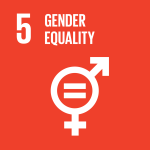
- Image
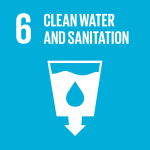
- Image
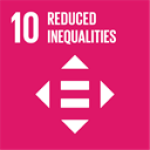
- Image
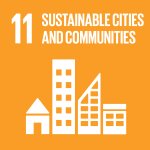
- Image

- Image
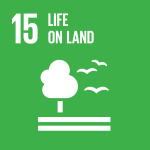
'Coming together: For experience sharing and peer learning', UNDP Bhutan, 15 September 2021
Output 1: Promote resilient agricultural practices in the face of changing climate patterns
1.1. Developing and integrating climate risk data into crop and livestock planning at the national and sub-national levels
1.2. Tailored climate information and related training to local government and farmers to interpret and apply climate risk data to local and household level agriculture planning
1.3. Scaling up climate-resilient agriculture practices, and training local entities in community seed production and multiplication and cultivation of climate-resilient crop alternatives
Output 2: Integrate climate change risks into water and land management practices that affect smallholders
2.1. Enhancing climate-informed wetland and water management to support agriculture planning
2.2. Establishment of climate resilient irrigation schemes and water saving technologies for smallholder farmers in 8 target dzongkhags
2.3. Scaling up of sustainable land management (SLM) technologies to support soil and slope stabilization
2.4. Capacity strengthening to farmers and extension officers on SLM technologies
Output 3: Reduce the risk and impact of climate change induced landslides during extreme events that disrupt market access
3.1. Slope stabilization along key sections of roads, critical for market access, and related technical capacity and knowledge products to support climate resilient road planning and construction going forward
3.2 Technical capacity building to support climate-risk informed and cost-effective slope infrastructure including stabilization, drainage and road construction & maintenance
The primary responsibility for day-to-day project monitoring and implementation rests with the Project Manager. The UNDP Country Office supports the Project Manager as needed, including through annual supervision missions. All project-level monitoring and evaluation is undertaken in compliance with the UNDP POPP, the UNDP Evaluation Policy.
An Annual Project Report for each year of project implementation will objectively document progress and will be shared with the Project Board and other stakeholders.
An independent Mid-Term Review will be undertaken and the findings and responses outlined in the management response incorporated as recommendations for the final half of the project’s duration.
An independent Terminal Evaluation will take place no later than three months prior to operational closure of the project and will be made available to the public via UNDP’s Evaluation Resource Centre.
The UNDP Country Office will retain all M&E records for this project for up to seven years after project financial closure in order to support ex-post evaluations.
31 Jul 2023 - Bhutan and UNDP celebrate 50 years of cooperation - Kuensel Bhutan
- UNDPMs Aishath AzzaRegional Technical Advisor, Climate Change Adaptation









